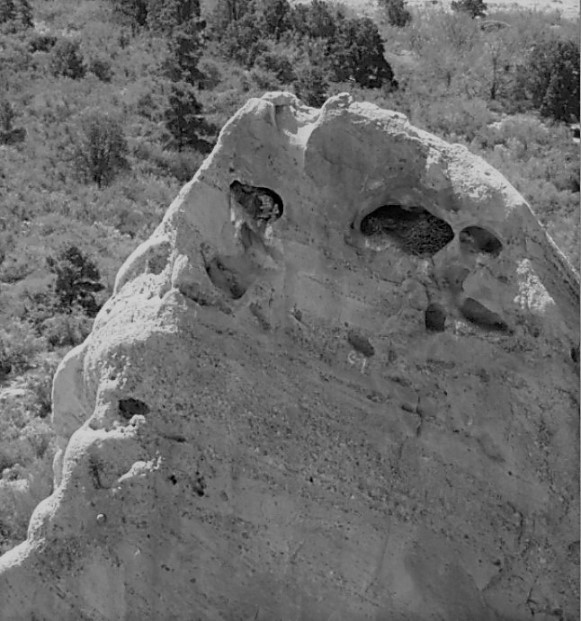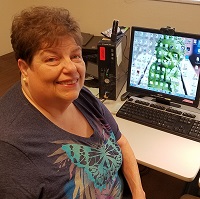How would you feel if the person you love and care for were called a zombie? That offends, does it not?
Yet people with dementia are often referred to in various publications as being zombie-like. It happens in popular media and in nursing and caregiving publications.

Consider that people with dementia are far different than the Trick or Treating zombies, princesses, spider men, and countless other ghosts and goblins that visit your home each Halloween.
In the May issue of Forbes, Professor Jason Karlawish wrote, “They’re People and We Need to Treat Them Like People.” He explains, “There comes a stage of Alzheimer’s disease when people no longer recognize the ones they love: their spouses, friends and children. They may ask for long-dead relatives. They may ask to go home, when in fact they are home. The crushing fear of this produces a dangerous metaphor for the disease: patients become a kind of living dead or, in a word, zombies.”
The comparison to zombies is in part based on the idea that the behaviors of people with dementia are analogous to behaviors attributed to zombies: being unkempt, not recognizing loved ones, crying out or moaning, shuffling, and wandering restlessly.
The zombie metaphor is also extended to the relationship between people with dementia and their caregivers. Zombies can be cannibals, and some references compare the toll Alzheimer’s caregiving takes on the caregiver to being eaten alive.
Even worse than being called zombies, however, is being equated with mass killers. President Trump recently referred to the Las Vegas shooter as a “demented shooter.” [TCV Ed. Trump’s tweet following the Las Vegas Massacre]
Stand up for your loved one with dementia by helping people understand when their choice of words is stigmatizing.
Caregivers know better than to compare people with Alzheimer’s to zombies or mass killers. Just like darling little exuberant children are underneath the bloody masks and skeleton costumes, caregivers know that the person they love is still there under all that messy hair, shuffling, and even groaning.
Thank goodness for caregivers. Thank goodness, they answer their doors on Halloween. Thank goodness, they can see through the symptoms of Alzheimer’s into the souls of the people for whom they care. Thank goodness, they know how to find the joy in caregiving.
Happy Halloween, caregivers!
Carole Mulliken is a retired educator, message board moderator for the Dementia Advocacy and Support Network International (DASNI), and an active member of the Dementia Alliance International (DAI). She has written for both online and print publications. She recently “came out” as a person living with dementia.









